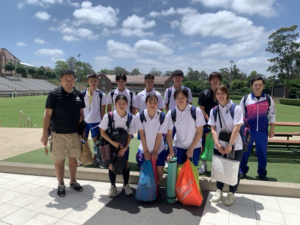Between 2013 and 2018, the number of non-Japanese residents in Japan has increased from 2.07 million to 2.73 million people, which equates to a 32% increase in the recent five years. Within this number, the number of non-Japanese labourers in Japan has rapidly increased from 0.72 million in October 2013 to 1.46 million in October 2018, a significant increase of 103%.
In April this year, the Japanese Central Government introduced two new resident statuses that are specifically for labourers with expertise and specialised skills. This change is expected to further complement the increasing trend of foreign residents living in Japan. It has been predicted that in the 2019 fiscal year alone, up to 48,000 non-Japanese people are expected to obtain one of the recently created new resident statuses, and within the next five years, up to 345,000 non-Japanese people are expected to obtain one of the new resident statuses.
These trends have been changing Japanese society in many aspects. The Japanese Central Government has a variety of action plans in place to welcome people from overseas, as well as to create an intercultural society for all residents. From CLAIR’s point of view, we believe that Japanese prefectural and municipal governments need to exert more efforts to support foreign residents in Japan. We also believe there are many public services provided for immigrants under the multicultural initiatives of all three levels of Governments in Australia, as well as ethnic diversity initiatives implemented by the New Zealand Government and local authorities that the Japanese governments can research into and learn from tremendously.
CLAIR Sydney will provide stronger support for Japanese prefectural and municipal governments in their research into advance initiatives implemented by the Australian and New Zealand Governments as a part of the Japanese local governments’ endeavours to provide substantial support for foreign residents in their local area. We think that Japanese prefectural and municipal governments can learn from and research into a variety of fields such as education, health care, aged care, emergency management, employment support, community support and so on. It would be extremely appreciated if you or your organisation could kindly welcome the visits of public officials from Japanese local governments or members of Japanese local assemblies, and share your invaluable knowledge and experience on advance initiatives for the creation of an intercultural society.

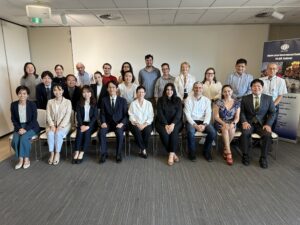
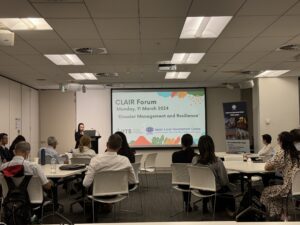
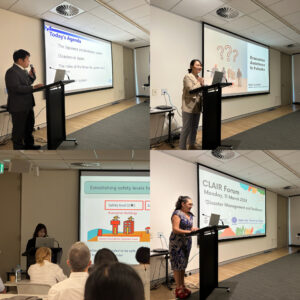
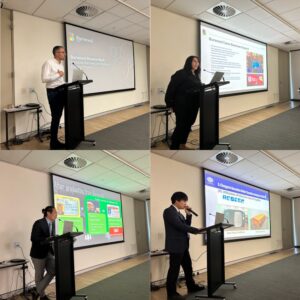
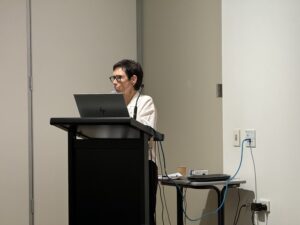
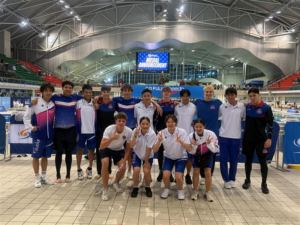 12月3~13日、福岡県水泳連盟の選抜選手8名がNSW州を訪問し、現地の学校との合同練習とNSW州の大会に参加しました。
12月3~13日、福岡県水泳連盟の選抜選手8名がNSW州を訪問し、現地の学校との合同練習とNSW州の大会に参加しました。

